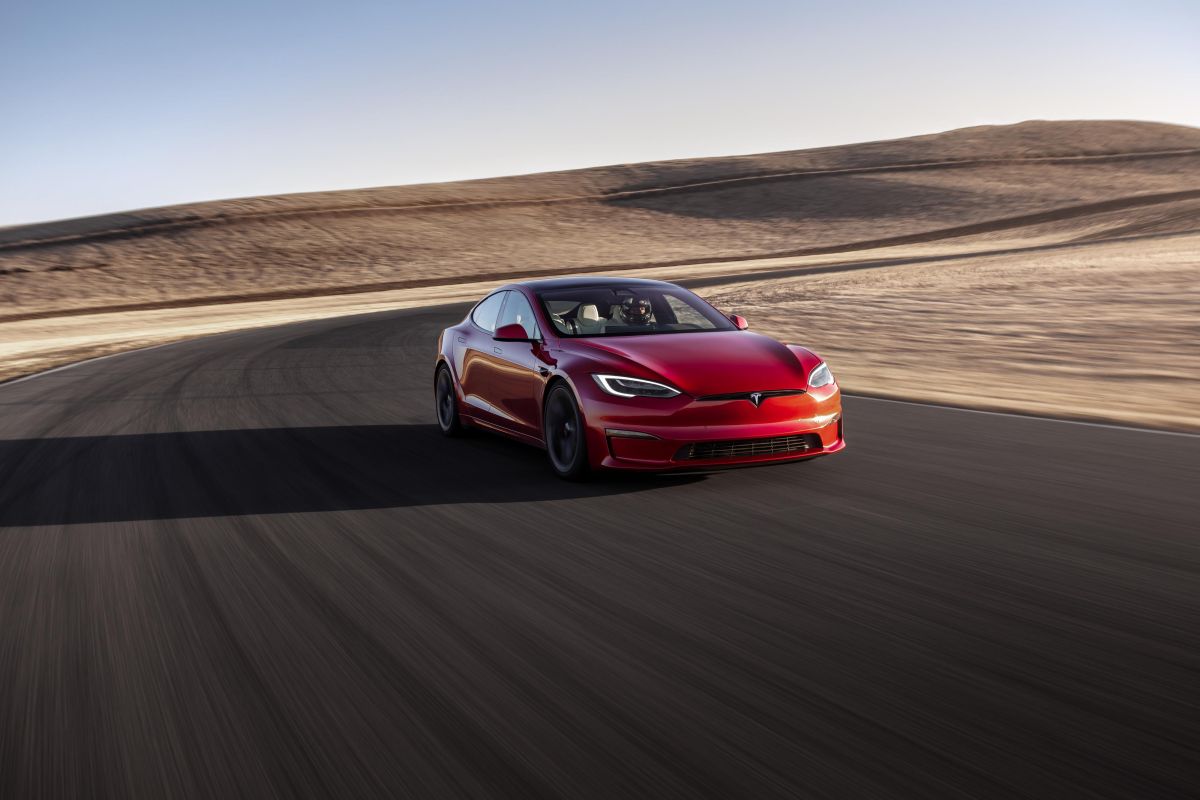A former Tesla employee admitted guilt in a case involving the theft and attempted sale of the EV manufacturer’s trade secrets. Klaus Pflugbeil, arrested in March, conspired to sell proprietary information and manufacturing techniques gathered by Tesla.
The arrest occurred after Pflugbeil, alongside Yilong Shao, engaged with undercover federal agents posing as businessmen. Both men previously worked for Hibar Systems, a Canadian battery manufacturer acquired by Tesla in 2019. The duo then moved to China, attempting to establish a company to sell the stolen trade secrets.
Pflugbeil met undercover agents on Long Island, where he was apprehended. However, Shao remains at large, with his whereabouts still unknown.
Pflugbeil has since pleaded guilty to conspiring to send valuable trade secrets to what the U.S. Department of Justice refers to as a “leading U.S.-based electric vehicle company.”
“Today, the defendant is guilty of boldly sending valuable trade secrets, detailed documents and drawings that he stole from a U.S.-based leading manufacturer of battery-powered electric vehicles to an undercover law enforcement agent expertly posing as a businessman on Long Island," said Breon Peace, U.S. attorney for the Eastern District of New York. "Today’s guilty plea demonstrates how this office will swiftly bring to justice those who misappropriate intellectual property belonging to American companies, to safeguard our economy and national security.”
Although Tesla is not explicitly named in the announcement, the Department of Justice's description of the victim company aligns with Tesla's profile: “Victim Company-1 is a U.S.-based leading manufacturer of battery-powered electric vehicles and battery energy systems. In 2019, Victim Company-1 acquired a Canada-based manufacturer of automated, precision dispensing pumps and battery assembly lines.”
Pflugbeil and Shao advertised the stolen intellectual property on platforms like Google, YouTube and LinkedIn. Internal messages between the two revealed their efforts to disguise the stolen information. In one message, Pflugbeil mentioned reformatting a document to make it appear original and not like a direct copy of Tesla’s work.
Pflugbeil faces up to 10 years in prison.














